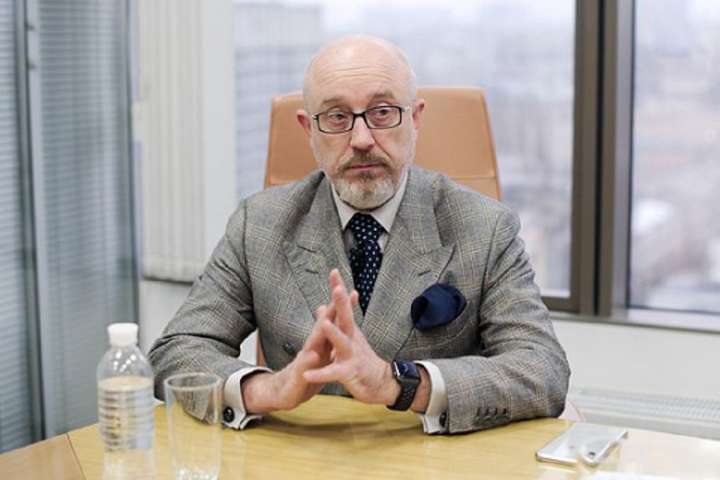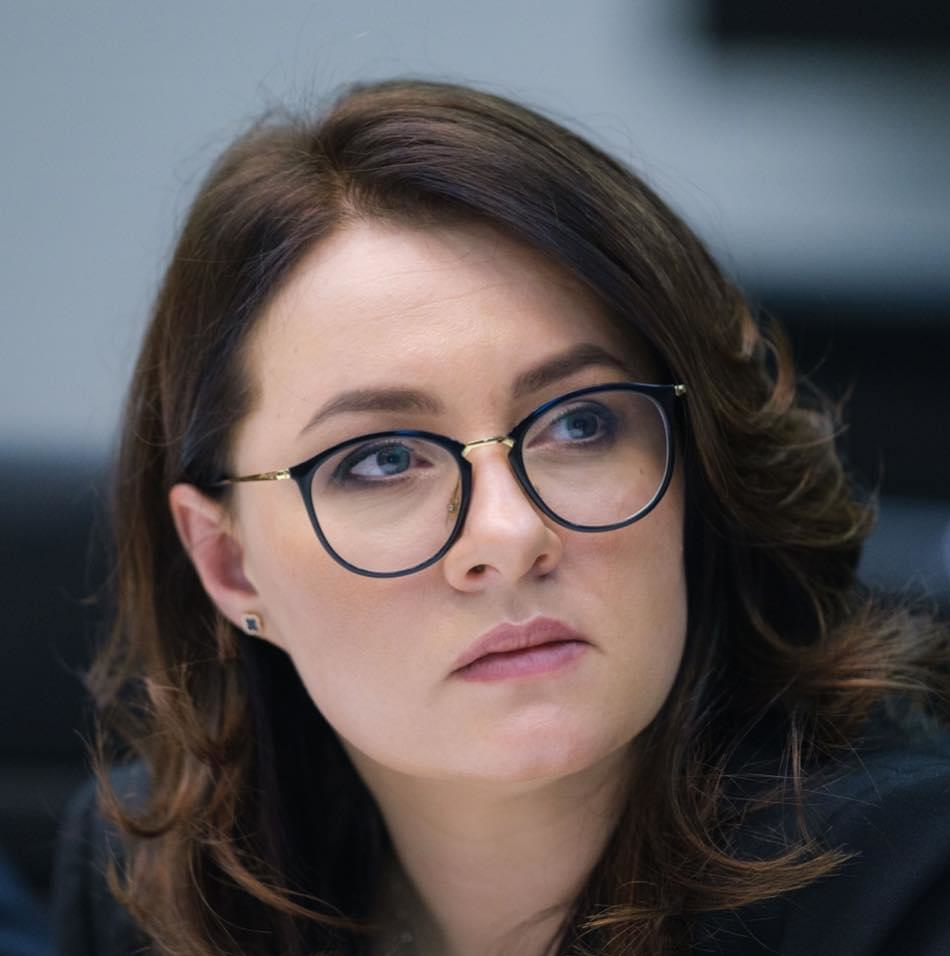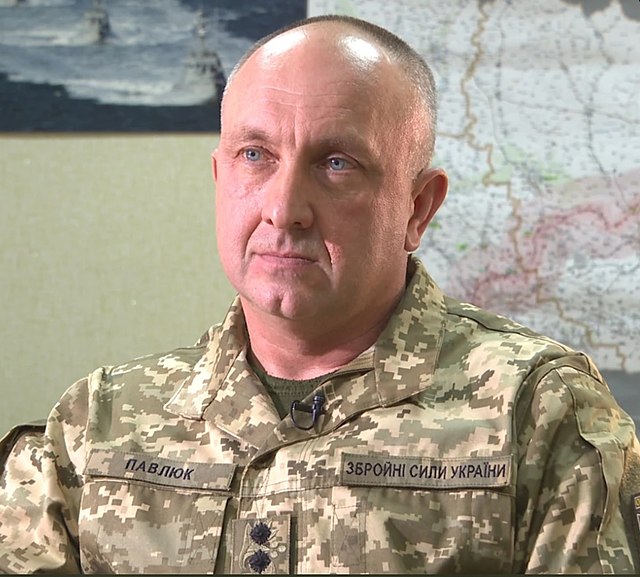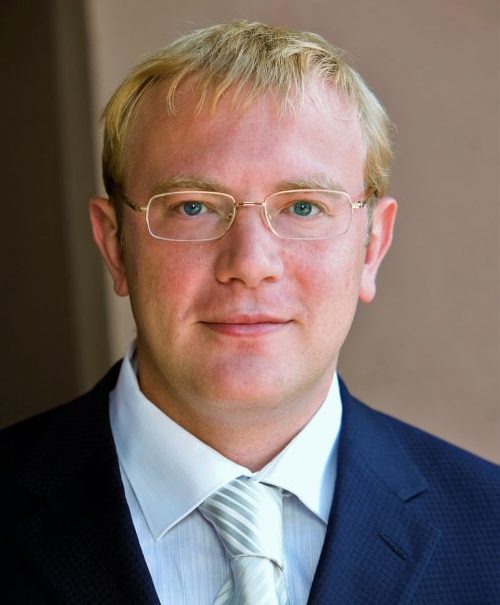Military procurement in Ukraine has remained a relatively safe haven for corruption, because it continued to be excluded from the country’s Prozorro system, which ensures procurement transparency, due to the necessary secrecy of military purchases. Yet, after Ukrainian journalists claimed in January 2023 that Ukraine’s Defense Ministry was purchasing food for the military at inflated prices, Ukraine’s Defense Minister Oleksiy Reznikov promised to conduct the long-needed procurement reform of the ministry, despite the ongoing war. The ministry, the Cabinet and Parliament have already made the first steps to ensure transparency. However, Ukrainian watchdogs insist that more “radical” reforms are needed to cut down money laundering in the Defense Ministry, one of Ukraine’s least-reformed institutions.
Parliament adopted a new law which will partially open military contracts to the public
On 24 February 2023, Ukraine’s Parliament adopted the law on the introduction of transparency in defense procurement. The law orders the ministry during martial law to publish prices of the procurement within 10 days after the contract has been concluded.
The public report must contain the name of the purchased item (along with the unit of measurement for goods), price per unit of goods, and the cost of any specific work and services used. For food services in military units, the report must include the names of individual food products, prices per product unit, units of measurement, and the total cost of each service.
The law was adopted by Ukraine’s Parliament according to the accelerated procedure. On 2 March, the law was presented to President Zelenskyy for his signature, and he signed it on 21 March 2023, which means the law came into effect. The law makes the procurement prices transparent, while not disclosing the amount and location of the procurement.
Cabinet decided to include military procurement to Ukraine’s nationwide Prozorro procurement system via the Military Prozorro instrument

Ukraine's Minister of Defense Oleksiy Reznikov supported the idea of the new law adopted by Parliament, suggesting at the same time a more radical idea to create the system called Military Prozorro, by analogy to Ukraine’s regular Prozorro procurement system.
"My idea is now being discussed so that we can publish [procurement information], without a legal address or location, but with the volume, the amount of the contract, etc., so that society sees, not after the conclusion of agreements but before. We met with the prime minister together with Vice Prime Minister Yulia Svyrydenko, who works with Prozorro experts, and I asked her to develop a Prozorro program that would be Military Prozorro. That is, there may be certain restrictions, but we all trust Prozorro, and I hope that we will succeed," Reznikov said.

Ukraine's Vice Prime Minister and Minister of Economy Yulia Svyrydenko confirmed they are currently developing a separate procedure in Prozorro for military procurement. The government created a working group, which included representatives of the Ministry of Economy, Ministry of Defense, the State Audit Service of Ukraine (SAS), the Security Service of Ukraine (SSU), and the State Bureau of Investigation (DBR). The working group is tasked with creating a new procurement mechanism that will allow for public oversight of the prices at which the army's products are purchased.
According to Svyrydenko, an additional important step that need to be taken to improve food procurement for the army. Firstly, she suggests negotiating a quarterly agreement with the food supplier instead of an annual one, which would increase flexibility and competition. She also promised that the new procurement procedure for the army will begin operating this spring.
Staff reshuffle at the Ministry of Defense brought to office people from civil society and those with real military experience
Ukraine's Deputy Minister of Defense Viacheslav Shapovalov resigned on 24 January 2023, a few days after Ukrainian journalists published their investigation regarding inflated prices of food procurement for the military. The State Bureau of Investigations (DBR) arrested him on 2 February, together with the other official of the ministry responsible for procurement, Bohdan Khmelnytskyi. Also, more than 10 service personnel and business owners were arrested by DBR on accusations of money laundering. The DBR has presented to the public evidence regarding all suspects, except for Shapovalov, while the investigation and court hearings are ongoing.
Ukraine’s ex-deputy defense minister, officials detained for money laundering on food procurement
After debates in Parliament, Ukrainian Defense Minister Oleksiy Reznikov remained in office. The continuing trust in him can be largely explained by the fact that he was appointed to lead the ministry in November 2022, three months before the full-scale Russia invasion, leaving him little time for systemic reform of the ministry prior to the war.
Following the procurement scandal, the Cabinet appointed three new deputy defense ministers.
 Oleksandr Pavliuk, Lieutenant General, Hero of Ukraine, became the first Deputy Defense Minister. Following the onset of the full-scale invasion by the Russian Federation, Pavliuk was responsible for the defense of the Kyiv region, headed the Kyiv Regional Military Administration in March to May 2022. Before the start of the full-scale invasion, he was the commander of the Joint Forces Operation in Ukraine’s Donbas in 2021-2022. Having real combat experience in 2014-2015, and experience as a commander in 2021-2022, he replaced the Soviet-educated, 71-year-old Ivan Rusnak, previously the First Deputy Defense Minister for the over-extended period of 2014 to 2023.
Oleksandr Pavliuk, Lieutenant General, Hero of Ukraine, became the first Deputy Defense Minister. Following the onset of the full-scale invasion by the Russian Federation, Pavliuk was responsible for the defense of the Kyiv region, headed the Kyiv Regional Military Administration in March to May 2022. Before the start of the full-scale invasion, he was the commander of the Joint Forces Operation in Ukraine’s Donbas in 2021-2022. Having real combat experience in 2014-2015, and experience as a commander in 2021-2022, he replaced the Soviet-educated, 71-year-old Ivan Rusnak, previously the First Deputy Defense Minister for the over-extended period of 2014 to 2023.
 Vitaliy Deyneha became the Deputy Defense Minister for Digital Development. He was a co-founder and manager of Ukraine’s most popular foundation assisting the military, Come Back Alive, from 2014-2020. His experience is especially promising and illustrative since many Ukrainians once considered the work of private fund Come Back Alive as an example to the outdated ministry. The fund itself has a long history of cooperation with the Defense Ministry on numerous projects for military innovation and training. In the first days of appointment, Deyneha announced the open recruiting of IT specialists and managers willing to modernize the work of the ministry, in particular regarding state procurement.
Vitaliy Deyneha became the Deputy Defense Minister for Digital Development. He was a co-founder and manager of Ukraine’s most popular foundation assisting the military, Come Back Alive, from 2014-2020. His experience is especially promising and illustrative since many Ukrainians once considered the work of private fund Come Back Alive as an example to the outdated ministry. The fund itself has a long history of cooperation with the Defense Ministry on numerous projects for military innovation and training. In the first days of appointment, Deyneha announced the open recruiting of IT specialists and managers willing to modernize the work of the ministry, in particular regarding state procurement.
 Andriy Shevchenko was appointed Deputy Minister for European Integration. A well-known Ukrainian journalist, Shevchenko was also the Ukrainian Ambassador to Canada from 2015-2021.
Andriy Shevchenko was appointed Deputy Minister for European Integration. A well-known Ukrainian journalist, Shevchenko was also the Ukrainian Ambassador to Canada from 2015-2021.
A single defense procurement body and a digital system for monitoring fuel still to be implemented, watchdog says
Head of Ukraine’s StateWatch NGO Hlib Kanevskyi and Olena Trehub, managing director of Ukraine’s Independent Anti-Corruption Commission write in their article that the steps already taken are definitely positive but do not fully solve the problem. Ukraine’s Defense Ministry, which was one of the least reformed institutions, requires several more radical reforms for complete modernization.
The authors stress the importance of setting up a state-owned enterprise as a unified defense procurement body within the ministry. The main objective of this entity would be to promote healthy competition between local and foreign suppliers by facilitating bidding and ensuring an optimal balance between cost and quality. President Zelenskyy had already committed to establishing such an entity as part of the law On Defense Procurement in 2020. Despite being backed by NATO allies and G7 representatives in Ukraine, certain provisions of the law are still awaiting implementation.
Additionally, the last Annual National Program under the auspices of the Ukraine-NATO Commission set the task of creating a single procurement body that makes purchases and implements policy in the field of defense procurement (until 2022). The program continues to focus on creating a system of professional training in the field of procurement by the year 2025.
Also, the state anti-corruption program for 2023-2025, developed by the National Agency on Corruption Prevention (NAZK), together with domestic experts supported by the EU, contains overdue proposals for the Ministry of Defense to introduce an automated system of accounting and monitoring of fuel consumption and quality. The goal here is to ensure that the valuable resource is not wasted while transporting tanks to their intended position. Such systems, with the use of GPS trackers, have been practiced by private gas stations for years, Kanevskyi and Trehub emphasized. However, the proposals have not yet been condoned by officials in the Ministry of Defense.
The project of the anti-corruption program of the NAZK also provides for monitoring the purchase of housing by all military personnel, without exception, using the Prozorro electronic procurement platform. Such a purchase – not related to any secret or defense information – has long been a convenient method for laundering state money during procurement.
One critical matter to address is the creation of a new law on safeguarding classified information that would establish clear guidelines on which information pertaining to defense procurement should be classified and which should not. This measure aims to put an end to a troubling practice from past years where officials classified information not based on security concerns but rather to conceal financial information.
Such steps, if taken by the ministry, would make its reform systemic and stable.
Read more:
- Decentralization — a true success story from Ukraine
- Ukraine shows progress in fight against corruption in 2022, Corruption Perceptions Index reveals
- Sunset of the oligarchs: Ukraine’s war-time nationalization of strategic enterprises rectifies past sins
- How Ukraine’s helicopter tsar helped arm the enemy
- Why post-Euromaidan anti-corruption reform in Ukraine is still a success

